
The IGPP is designed to work across scientific disciplines, bringing together different expertise to address a multi-sectoral problem, it includes faculty leads, doctoral students, and associates.
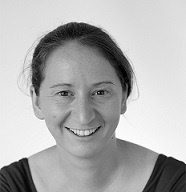 Professor Anna Seale
Professor Anna Seale
Professor of Public Health, Warwick Medical School
Anna is Professor of Public Health in Warwick. She trained in medicine, specialising initially in paediatrics and then public health. She developed research interests in maternal and neonatal infection, particularly in low-and middle-income countries, living for several years in East African countries. From 2018, Anna led the outbreak- related research programme for the UK Public Health Rapid Support Team at LSHTM, during which she seconded to the Joint Biosecurity Centre where she led an interdisciplinary team to provide public health analytics on disease prevalence, health care, vaccine impact and variants, to support the UK COVID-19 response. She now divides her time between Warwick and the UK Health Security Agency, where she provides scientific advice on data, analytics, and surveillance.
 Professor Matt Keeling
Professor Matt Keeling
Joint appointment, Life Sciences and Maths Institute
Matt's research focuses on the three E's: Epidemiology, Evolution and Ecology. He is particularly interested in how spatial structure, heterogeneities and stochasticity affect the emergent population-level dynamics; as such his work uses a wide range of modelling tools and concepts. While large-scale simulations do play a substantial role Matt's work, he is also very keen to develop simple modelling techniques that can capture the important dynamics of a system.
 Professor Mike Tildesley
Professor Mike Tildesley
Joint appointment, Life Sciences and Maths Institute
Mike is a Professor in the Zeeman Institute for Systems Biology and Infectious Disease Epidemiology Research at the University of Warwick. His research focuses upon the development of models of infectious diseases and their utility as predictive tools. He has a particular interest in the predictive power of models in the early stages of disease outbreaks, when there is significant uncertainty regarding the spread of disease. Professor Tildesley has strong links with policy makers, working closely with the Department for the Environment, Food and Rural Affairs, the US Department of Agriculture (USDA), the World Organisation for Animal Health (OIE) and the Food and Agriculture Organisation (FAO) upon strategies for disease control. Professor Tildesley is currently a member of the Scientific Pandemic Influenza Modelling group (SPI-M), the modelling subgroup of SAGE, and has been working throughout the COVID-19 pandemic upon the development of models to inform a range of policy questions in the UK.
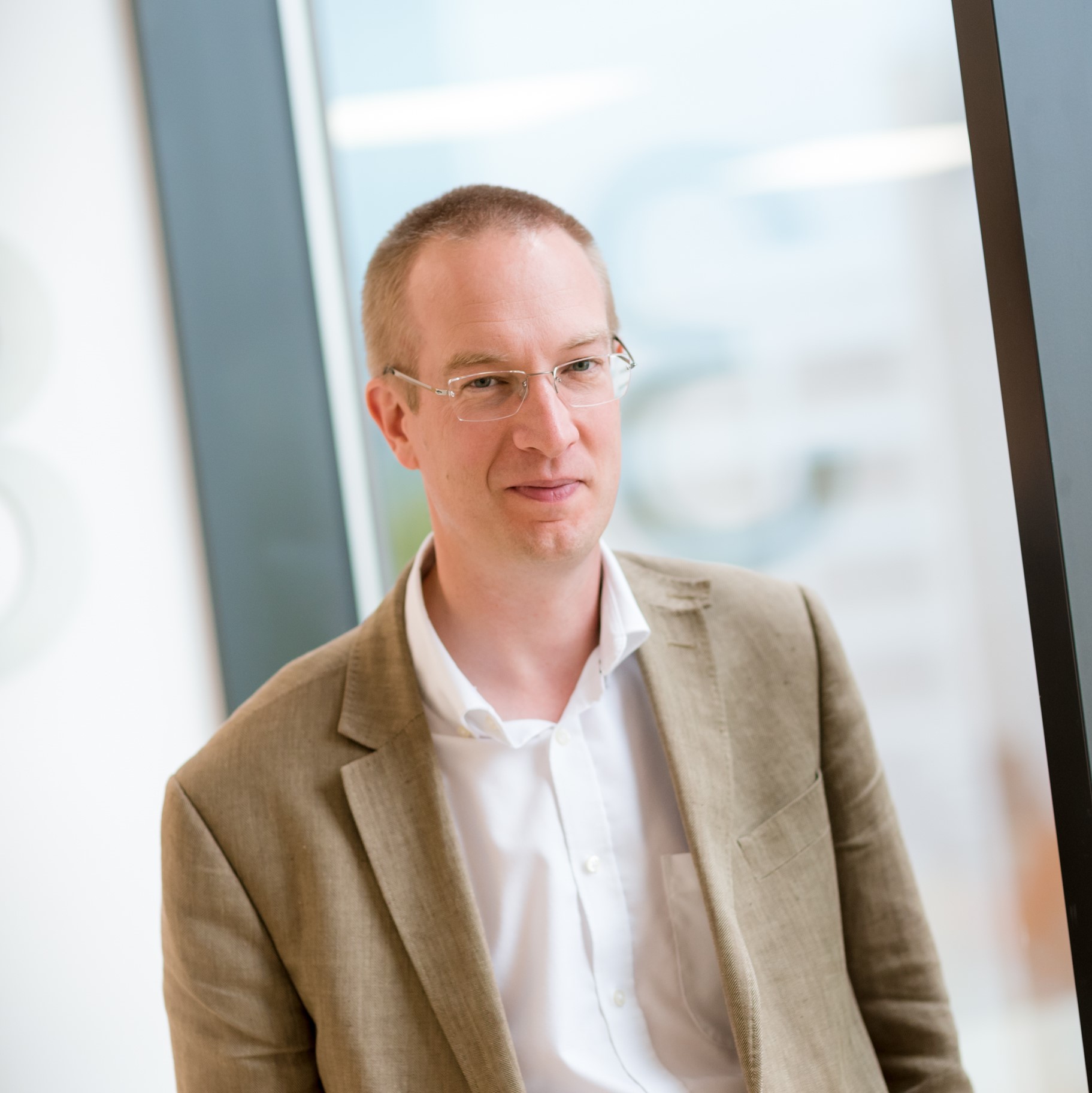 Professor Neil Stewart
Professor Neil Stewart
Professor in Behaviour Science, Warwick Business School
Neil is Professor of Behavioural Science at Warwick Business School. Neil has been using mass transaction data to understand how people's behaviour and financial situation has changed during the COVID-19 pandemic. Check out "Might coronavirus bring a lasting shift to online spendinng?" and "How uneven is the recovery in consumer spending across UK regions?"
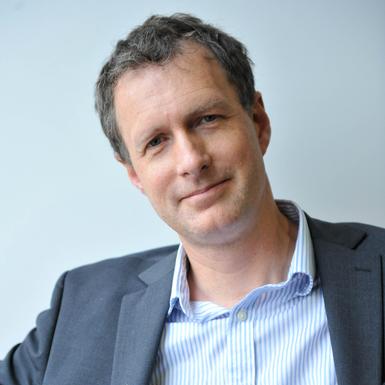 Professor Nick Chater
Professor Nick Chater
Professor of Behavioural Science, Warwick Business School
Nick Chater works on the cognitive and behavioural sciences, especially reasoning, decision making and language. He applies his experimental, computational and mathematical studies to public policy and the private sector. He has published more than 250 papers, and has won four national awards for psychological research. He has served as Associate Editor for the journals Cognitive Science, Psychological Review and Psychological Science, was elected a Fellow of the Cognitive Science Society in 2010 and a Fellow of the British Academy in 2012. He is also on the advisory board of the Cabinet's Office's Behavioural Insight Team (BIT), popularly known as the 'Nudge Unit'.
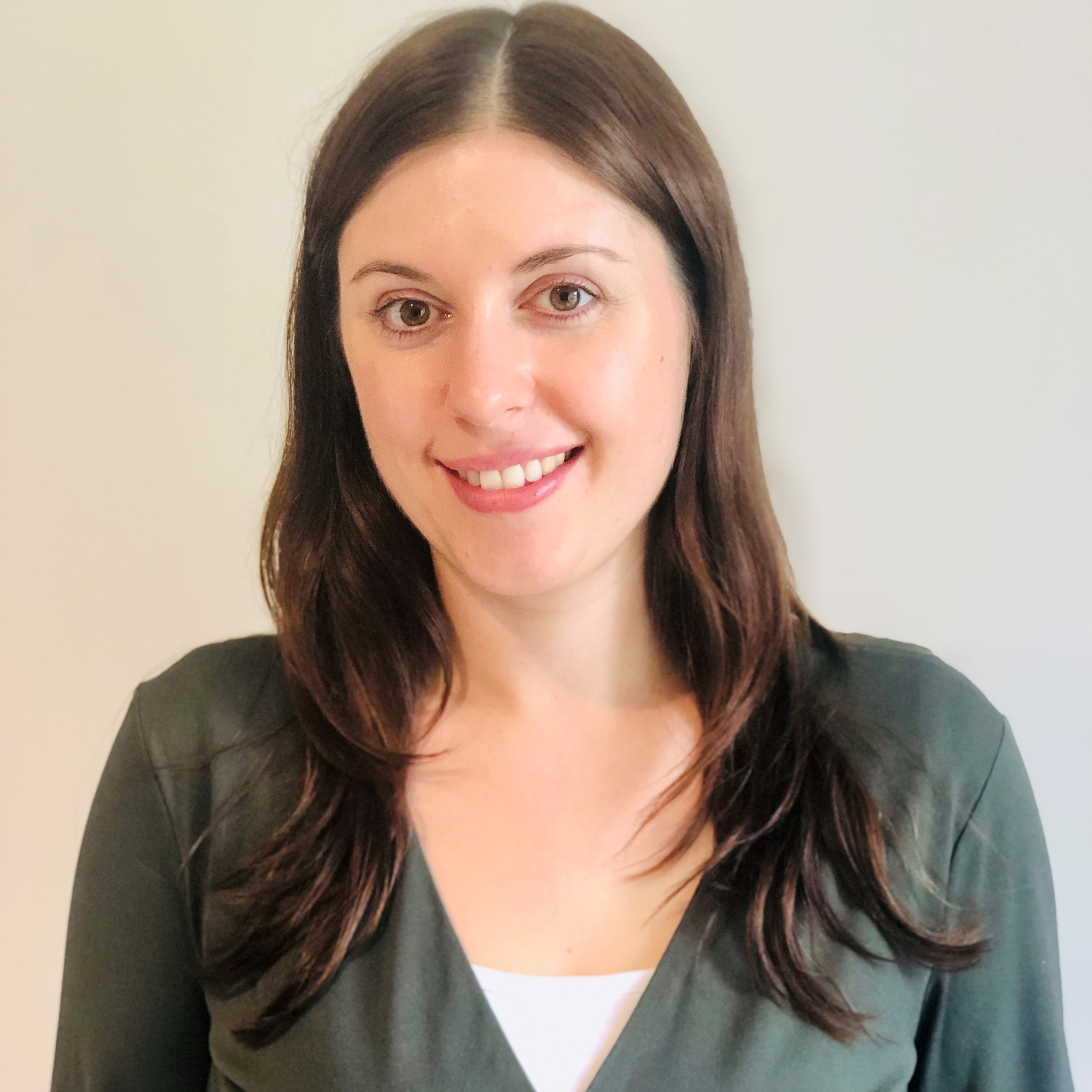 Assistant Professor Nicole Robb
Assistant Professor Nicole Robb
Assistant Professor, Warwick Medical School
Nicole is an Assistant Professor at the University of Warwick Medical School, a visiting lecturer at the University of Oxford and a Royal Society Dorothy Hodgkin Fellow. She has a 15-year track record of studying viruses and published the first single-molecule studies on influenza virus replication. Her research interests include super resolution imaging, using biophysics techniques for rapid pathogen detection and the application of machine learning algorithms for image analysis. She holds several patents on viral diagnostic technology and is the co-founder of a spinout company from the University of Oxford that is working to commercialise a 1-minute COVID-19 diagnostic test that was developed in her academic group.
Research Students 2021 - Present
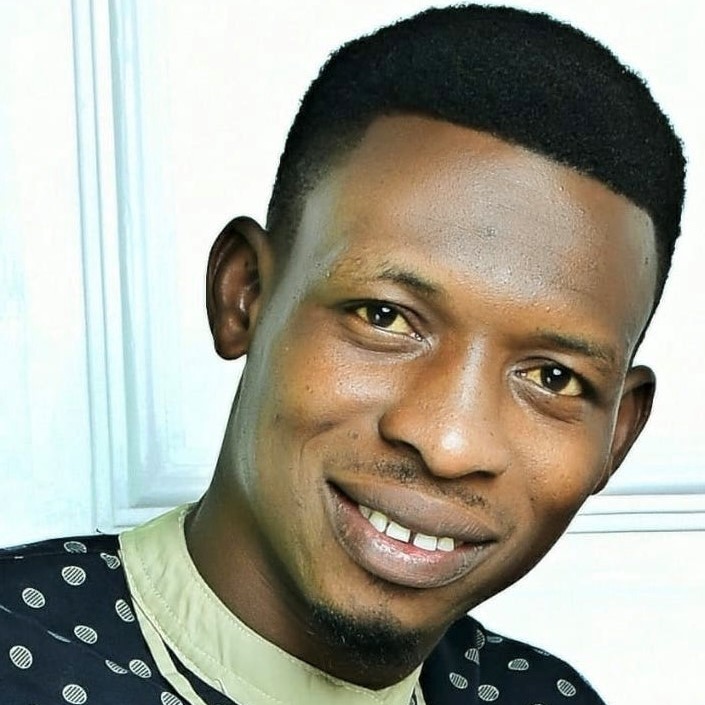 Michael Smah
Michael Smah
Michael studied Mathematics at the Nasarawa State University, Keffi, Nigeria, graduating in 2014. He obtained his MSc in Computational Mathematics (Terrorism Modelling) from the Bayero University before joining the Institute for Global Pandemic Planning, University of Warwick in 2021. His research interest is in the fields of Mathematical Epidemiology, particularly the development of mathematical models needed for the control and elimination of infectious diseases, violent conflicts (as contagious spread of infectious diseases) and other phenomenon with similar characteristics.
 Ezinne Peters
Ezinne Peters
Ezinne Peters is a physician and development specialist with experience in HIV/TB, MNCH, Health Systems Strengthening, and Nutrition Programmes. She was a Fulbright-Humphrey Fellow and an alumna of Warwick Medical School. With her return to Warwick, her research will broadly focus on Behavioural Sciences and Public Health, with particular interest on how decision-making during pandemics impact policymaking.
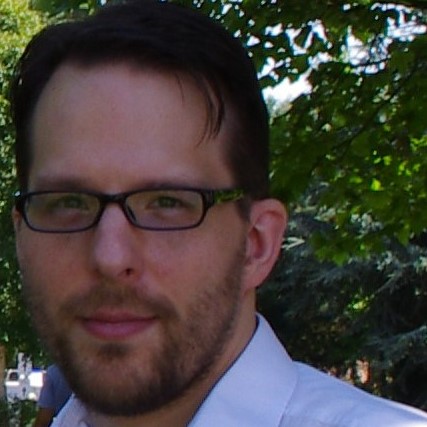 Thomas Wolfgarten
Thomas Wolfgarten
Thomas is an economist (University of Cologne) and statistician (University of Warwick). He is interested in the integration of Behavioural Science concepts with Mathematical Epidemiological Models, in particular, howbehavioural factors offer an opportunity to monitor and ultimately control Dynamical Systems, which can provide a tool to manage pandemics.
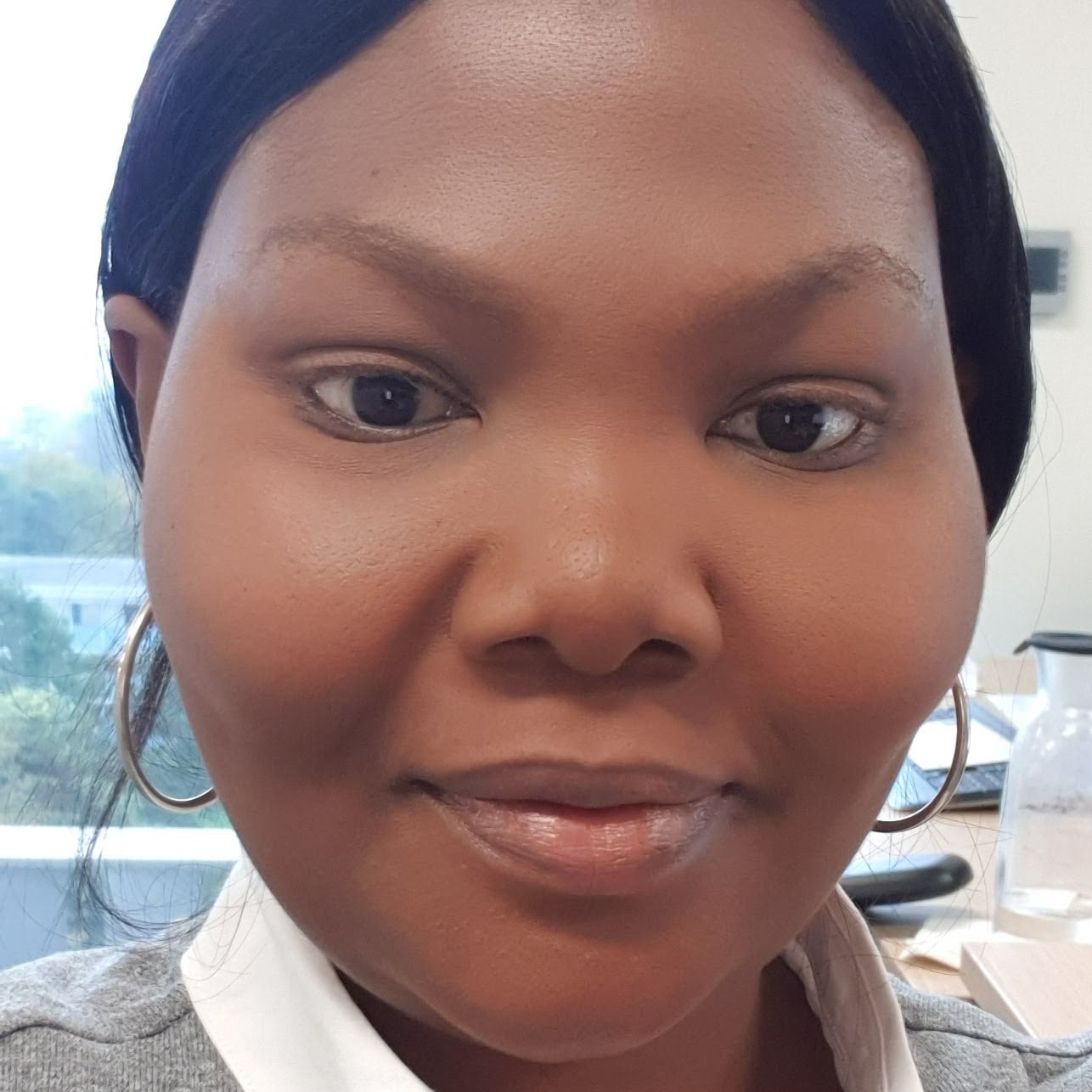 Abiola Ojumu
Abiola Ojumu
Abiola’s research interests include the interplay between risk factors and determinants of health (including behaviours) at the intersections of infectious and non-communicable diseases of pandemic potential. She is also interested in their implications for maintaining sustainable healthcare access to underserved groups in a pandemic. Her work in global health has focussed on increasing equity in access to healthcare, pharmaceuticals and vaccines in low resource settings and supporting countries’ health systems in the development and operationalisation of policies and public health programs.
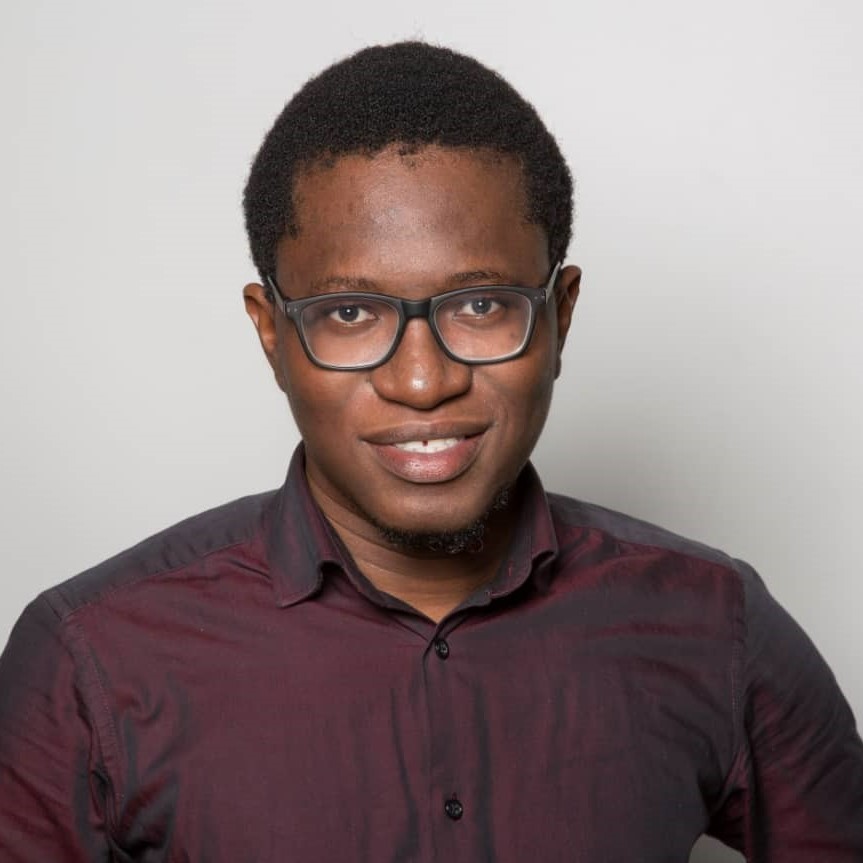 Gbeminiyi Joshua Oyedele
Gbeminiyi Joshua Oyedele
Joshua holds a B.Tech in Mathematics from Ladoke Akintola University of Technology in Ogbomoso and an MSc. in Mathematical Sciences from the African Institute for Mathematical Sciences (AIMS), Cameroon. His research interests lie in applying mathematical and statistical technics to study how human behaviour affects the spread and control of infectious diseases. He also likes to explore the use of available and/or new data sources to study infectious, and poverty related, diseases.
 Ankit Shanker
Ankit Shanker
Ankit has an MSc in Behavioural and Experimental Economics. His fundamental research interests lie at the intersection of pandemic planning and behavioural science. Specifically, he is interested in social identity and social preferences of healthcare professionals, social narratives and norm nudging in a pandemic, context effects in work attitudes of healthcare professionals in a pandemic.
Associates
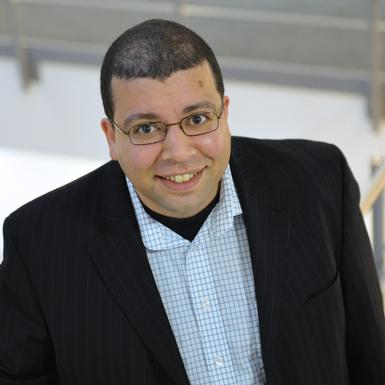 Hossam Zeitoun
Hossam Zeitoun
Hossam is Associate Professor and Course Director of the Executive MBA Programme at Warwick Business School, University of Warwick. His principal research interests are collaboration in teams, corporate governance, behavioural science, and theories of the firm. He applies an interdisciplinary approach using managerial, psychological, and economic perspectives. His current research projects aim to improve our understanding of psychological mechanisms underlying joint action within and between organisations. Before embarking on an academic career, Hossam worked in the insurance industry and had international project experience in Gabon, Tunisia, and India. He earned his PhD at the University of Zurich, Switzerland. Then, Hossam joined the University of Warwick as a visiting researcher and then as a faculty member. Hossam speaks five languages and teaches corporate strategy and corporate governance at Warwick Business School.
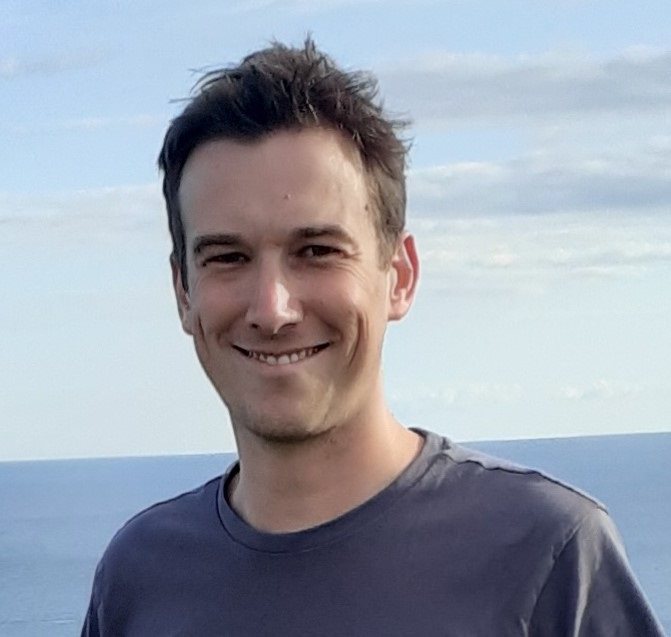 Robin Thompson
Robin Thompson
Robin Thompson is an Assistant Professor of Mathematical Epidemiology in the Mathematics Institute and SBIDER. His research involves building and analysing mathematical, statistical and computational models of infectious disease outbreaks. This includes developing novel models and modelling techniques as well as applying them to epidemics in humans, animals and plants. Robin uses stochastic and deterministic modelling approaches, andparameterises the models using statistical inference techniques such as Markov chain Monte Carlo. The main aims are not only to generate forecasts for specific epidemics, but also to understand outbreak dynamics more generally so that control interventions can be planned with more precision. He has been working on mathematical modelling of the COVID-19 pandemic since January 2020.
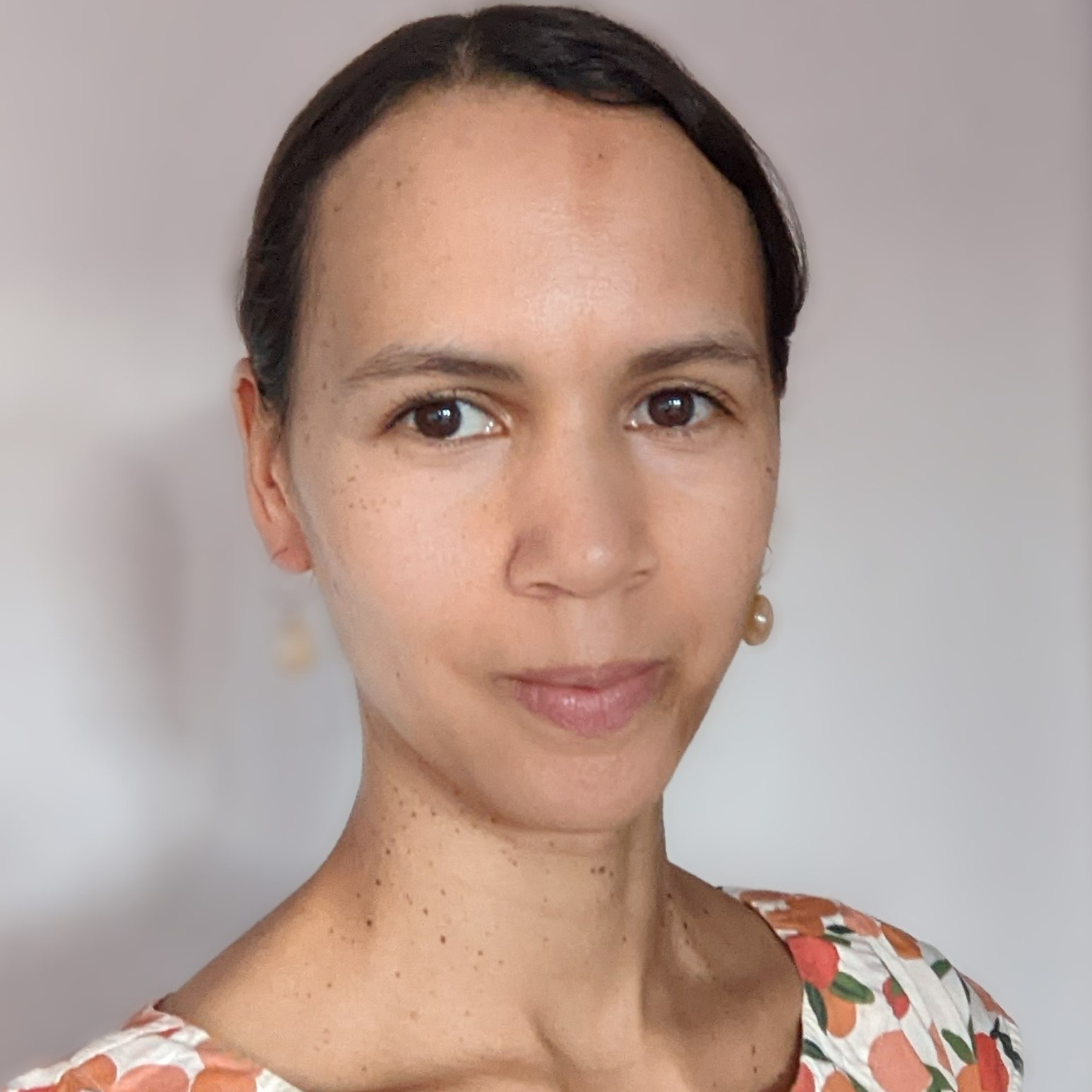 Oyinlola Oyebode
Oyinlola Oyebode
Oyinlola Oyebode is an associate professor in public health, and interim director of Warwick Centre for Global Health. Oyinlola has expertise in the behavioural risk-factors for non-communicable disease, particularly dietary behaviour, and in the health of marginalised urban populations. She does work with policy and practice colleagues to support evidence-based public health.
 Matthew Turner
Matthew Turner
Matthew Turner is a professor in the department of Physics based in the Centre for Complexity Science at Warwick. In the past he has held a number of prestigious fellowships including most recently as an EPSRC Leadership Fellow. His research interests in recent years have included ``bottom up’’ models for collective behaviour in agent-based systems and in understanding economic systems with uncertainty that can undergo sudden endogenous changes. Most recently he has been working to understand the control theory of infectious diseases with a view to policy development. Together with collaborators at Kyoto University he has shown how both Government-level and individual-level value functions must be used together to design interventions, including in the case when these have some costs associated with them. This UK-Japan collaboration is now working on how to use empirical data to infer an estimate of the underlying objective functions in the presence of a disease.
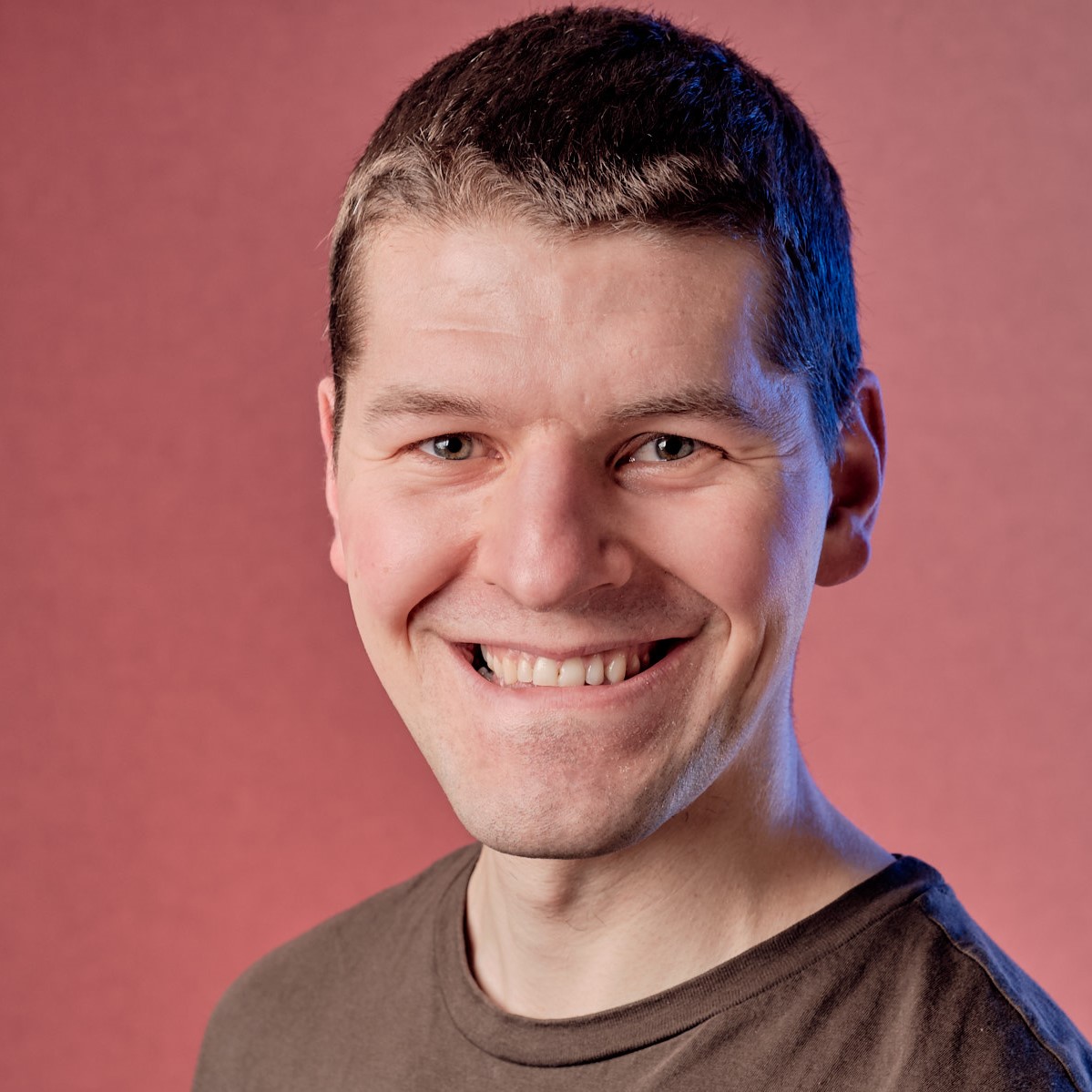 Ed Hill
Ed Hill
My research interests involve addressing interdisciplinary problems in epidemiology and behavioural dynamics. I have a particular interest in public and veterinary health policy, zoonoses and social contagion. My approach involves the application of mathematical and computational methods including parameter inference, outbreak prediction and evaluation of control strategies via computational simulation.
 Tom Sorell
Tom Sorell
Tom is Professor of Politics and Philosophy in the Dept. of Politics and International Studies at Warwick, and directs the Interdisciplinary Ethics Research Group (IERG). He works on the ethics of responses to pandemics by individuals and governments, and more generally on the ethics of response to emergencies, including civil war and terrorism. He has published a recent article on the ethics of Covid surveillance in the early stages of the pandemic, and has previously written about the ethics of parental refusals of the MMR vaccine for their children. He is PI of an ongoing AHRC-DFG project on the ethics and epistemology of vaccine hesitancy in the Covid pandemic. He is willing to supervise work on the relation of medical ethics to public health ethics, and the technology developed for track and trace regimes.
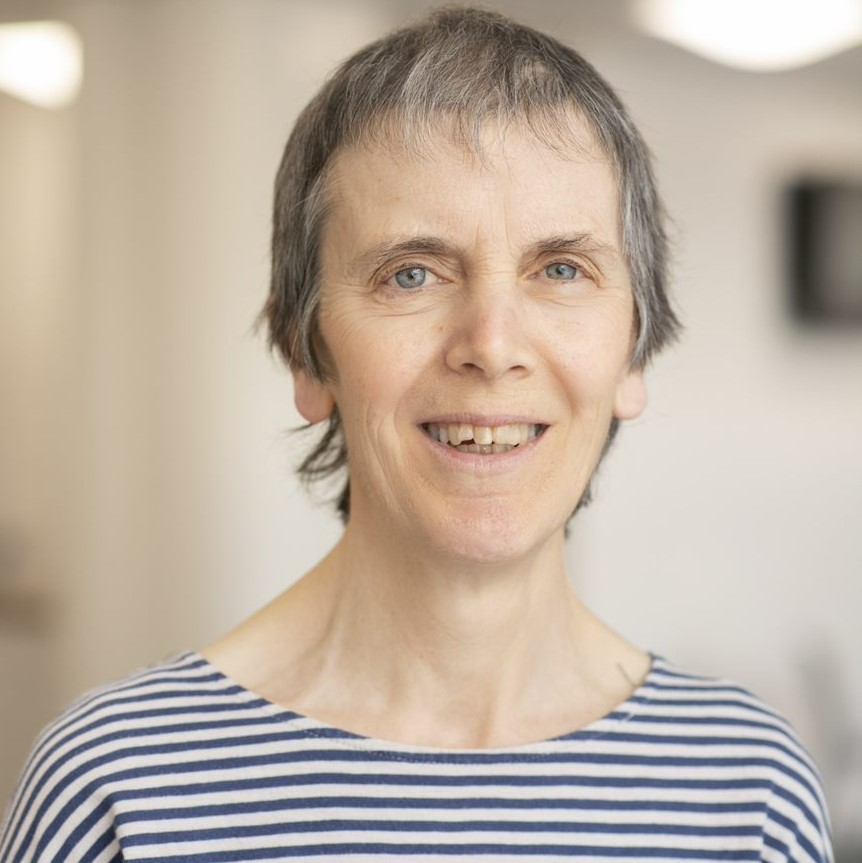 Frances Griffiths
Frances Griffiths
Frances Griffiths trained in medicine at the University of Cambridge and King's College Hospital, London, and went on to become a general practitioner in Stockton-on-Tees. While working as a GP she undertook her PhD at the University of Durham, Department of Sociology and Social Policy, and was a founder member of the Northern Primary Care Research Network. Frances joined the University of Warwick in 1998 and became founding Director of the Warwick West-Midlands Primary Care Research Network and developed her research interest in the impact of technology on perceptions of health. In 2003 she was awarded a Department of Health National Career Scientist Award to develop a programme of research on Complexity and Health. She has developed her programme of research with collaborators in the UK and globally including Australia, Bangladesh, Kenya, Nigeria, South Africa, Pakistan, US. From 2020 she was appointed South Africa Research Chairs Initiative Chair at the Centre for Health Policy, University of the Witwatersrand.Frances uses research methods from social science and health science across disciplines. She continues to work as a GP in Coventry.
 Xavier Didelot
Xavier Didelot
Xavier is Professor of Statistical Epidemiology and Genomics between the Department of Statistics and the School of Life Sciences. His research looks at the way bacterial pathogens evolve, spread and cause disease. A key aim is to develop new bioinformatics and statistical methods that can handle the very large amounts of data made available by novel high-throughput sequencing techniques.
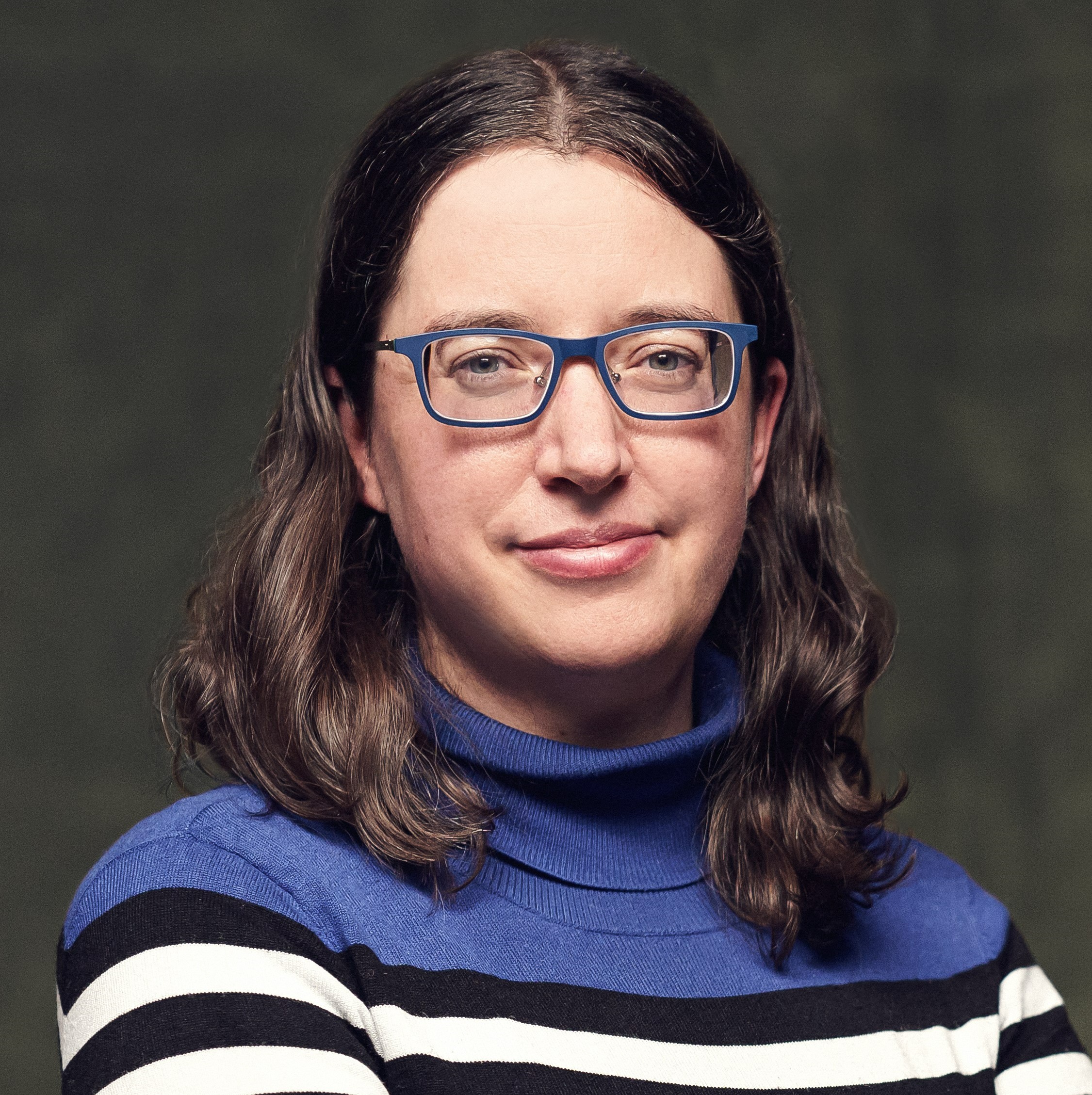 Louise Dyson
Louise Dyson
Louise is an Associate Professor in the Zeeman Institute for Systems Biology and Infectious Disease Epidemiology Research at the University of Warwick. Her research interests involve using techniques from mathematics and statistical physics to analyse biological and epidemiological systems. During the COVID-19 pandemic she was extensively involved with the UK governmental response through membership of SPI-M-O (the modelling subgroup of SAGE), and a part time secondment to the Cabinet Office COVID-19 Taskforce.
 Heather Draper
Heather Draper
Heather Draper joined the University of Warwick in 2017, taking up the newly established Chair of Bioethics in Warwick Medical School. Heather studied Theology before completing her PhD in Philosophy at the University of Manchester but has chosen to develop her bioethics career within medical schools rather than remaining in Philosophy. Her research therefore strives to bridge the distinctive research cultures of medicine and applied philosophy. As a bioethicist she frequently engages in inter- and multi- disciplinary research, including working with health technology developers.
 Daniel Lasserson
Daniel Lasserson
Dan Lasserson is Professor of Acute Ambulatory Care at the University of Warwick, working clinically in acute ambulatory care and the hospital at home service for Oxford University Hospitals NHS Foundation Trust and Sandwell and West Birmingham NHS Trust, and is the President of the UK Hospital at Home Society. He has previously worked in primary care as well as hospital medicine and is the Theme Lead for Acute Care Interfaces in the NIHR Applied Research Collaboration (ARC) West Midlands. He is also Theme lead for Acute Ambulatory Care in the NIHR Community Healthcare MedTech and In-Vitro Diagnostic Cooperative (MIC) and has an interest in how point-of-care diagnostics can support acute care decision making. He is the chief investigator of an NIHR Policy Research Programme study examining the optimal acute medical care delivery model during winter and waves of COVID-19. He leads the NIHR STOPAPE trial on the management of sub-segmental pulmonary embolism.
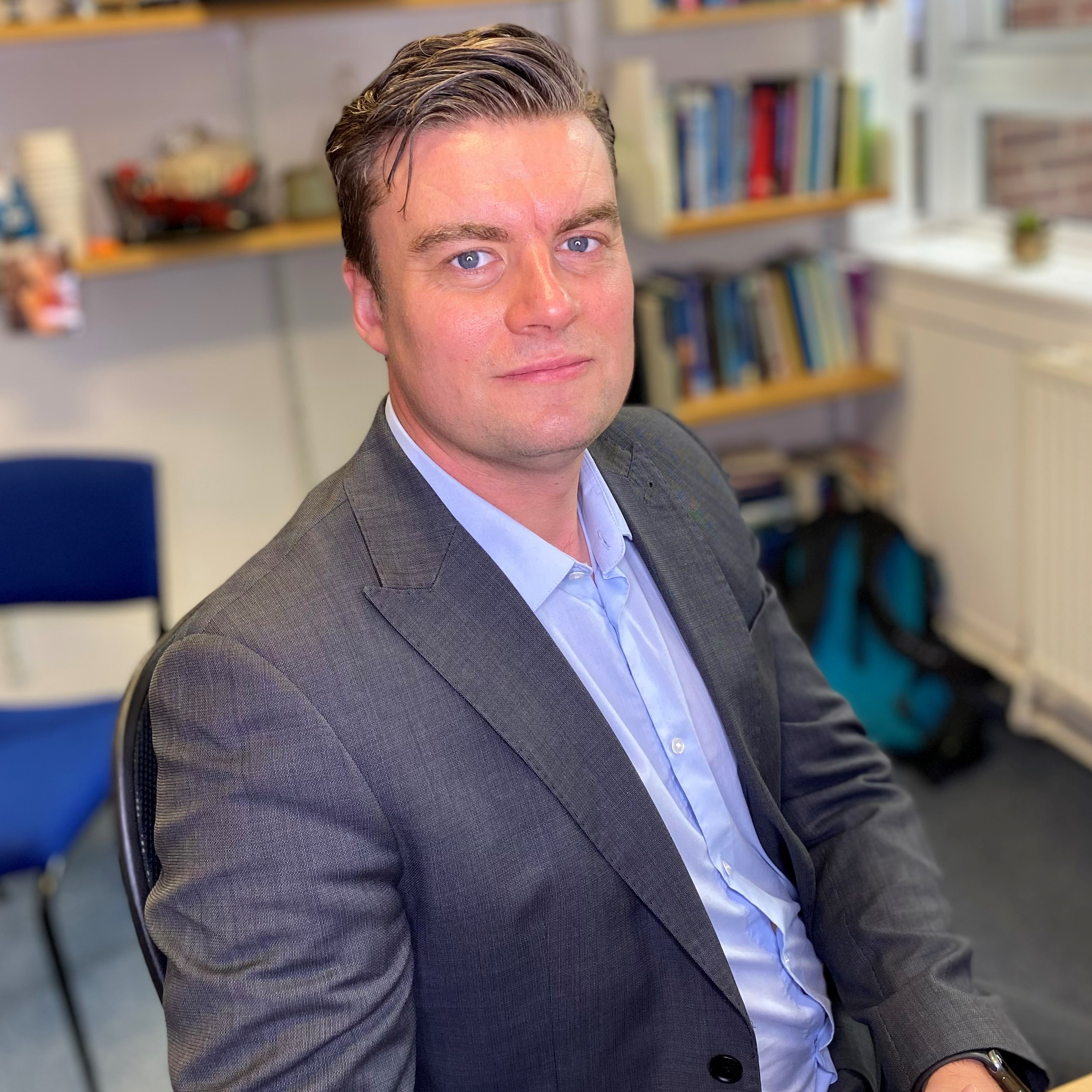 Daniel Todkill
Daniel Todkill
Dr Dan Todkill obtained degrees in Microbiology (University of Birmingham) and Medicine (University of Warwick) prior to clinical practice, and subsequently following his passion for Public Health by completing specialist training in Public Health Medicine. During this time, he also completed the Field Epidemiology Training Programme Fellowship at Public Health England. Since 2017, he has split his time between working as a practicing Consultant Medical Epidemiologist and as an Academic at the University of Warwick. He has extensive experience of providing epidemiological support to outbreak investigations caused by a diverse range of pathogens. This is combined with operating surveillance systems monitoring organisms of key public health importance and translating information directly to public health action. He is currently seconded to the Real Time Syndromic Surveillance Team within the UK Health Security Agency, delivering near-real time epidemiological analysis of a suite of syndromic data sources.
At Warwick, Dan is the Associate Medical Director of Warwick Evidence; one of nine NIHR commissioned Technology Assessment Report Teams in the UK which undertakes reviews and evidence synthesis on clinical and cost-effectiveness. His personal research interests are Data Science, Syndromic Surveillance, and Evidence Synthesis.
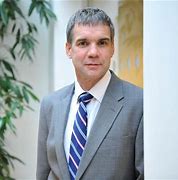 Daniel Read
Daniel Read
Daniel is professor of behavioural economics at Warwick Business School He has held faculty positions at Leeds University Business School, London School of Economics (Reader) and Durham Business School (Professor), and visiting positions at INSEAD, Yale School of Management, and Rotterdam Business School. Professor Read has consulted for the UK government and the Financial Services Authority on many aspects of behavioural economics, especially as it relates to consumer welfare and environmental marketing. He has published widely in leading journals including Psychological Review, Management Science, Organizational Behaviour and Human Decision Processes, Risk Analysis, and Journal of Experimental Psychology: Applied. He is a former associate editor of Management Science, and former editor of Journal of Economic Psychology.
 Keith Hyams
Keith Hyams
Keith is Professor of Political Theory and Ethics at Warwick. A philosopher by training, Keith’s interdisciplinary research programme looks at ethics and justice issues arising in the context of health policy, pandemic response, climate change, international development, and technological risk. His policy work includes advising a broad range of UK and international NGOs and government bodies, including the UK Cabinet Office. Current research projects include ‘Supporting Just Response and Recovery to Covid-19’, which investigates the effects of the Covid pandemic on youth in informal urban settlements across Africa; and ‘Covid Observatories’, which looks at the experience of Indigenous Peoples worldwide during the Covid pandemic.